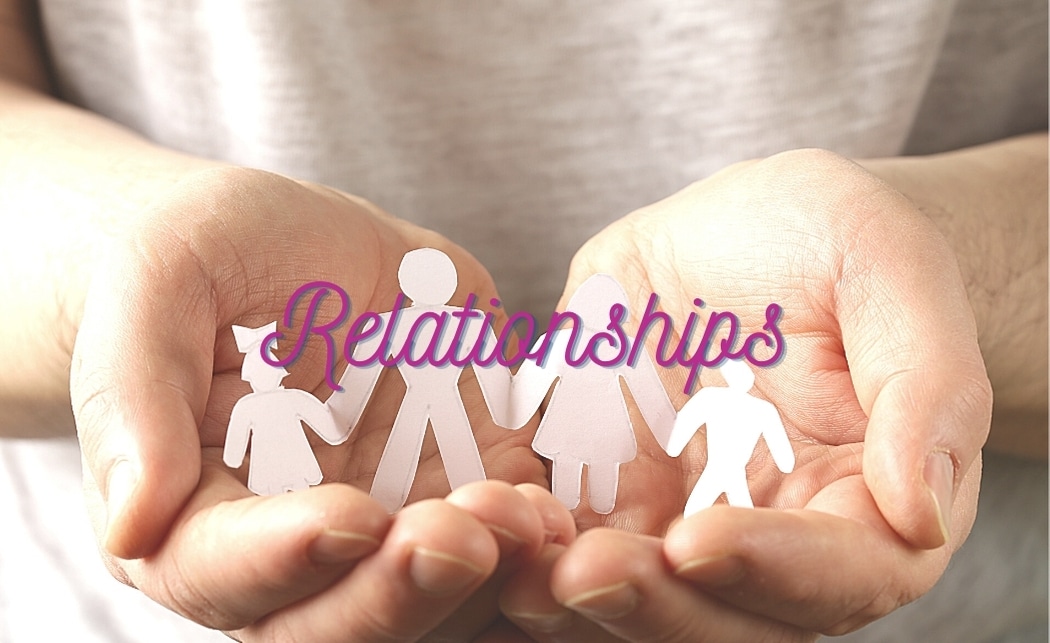Want to know how to be more assertive in your relationships? This article will discuss how to be more assertive in relationships and have your needs met without feeling guilty or being afraid of the other person’s reaction.
It is natural to desire to please your friends and family or to be accepted by someone. However you should not try to be someone else just to be loved or accepted.
In any situation, standing your ground can be daunting. It can be difficult to be assertive in any relationship, particularly new relationships, but it is essential to create a happy life for everyone. What is life without relationships?
What are the Benefits of Assertiveness?
The key to overcoming this is recognizing that it’s okay to express yourself verbally about what you need and deserve from the other person in your life. It doesn’t mean that you’re asking too much from them, but it means that you deserve those things as well!
Here are some benefits of assertiveness:
- Sets healthy boundaries.
- Allows one to communicate clearly, honestly, and openly.
- Fosters a healthy, balanced relationship or partnership.
4 Ways to Be More Assertive in Your Relationships
Relationships are dynamic and require constant work to keep them healthy. Communication is key, but it’s not always easy for some people to assert themselves in a relationship. It can often be difficult for people to speak up when they are not getting what they want out of their relationships.
It can be hard if you’re shy or have low self-esteem, but there are ways of being more assertive that don’t involve hurting your partner’s feelings. You can, like all other skills, practice assertiveness to help you build stronger, healthier, and more mutually beneficial relationships.
1. Be honest and truly genuine
Don’t compromise your values and don’t be afraid of speaking up, even if you feel uncomfortable or scared.
Although partners should respect you, it is not fair to blame your partner for your unhappy situation if they don’t. If you haven’t told your partner how you feel, you can’t assume that they know.
2. Improve Your Listening Skills
Respect and kindness are two aspects of assertiveness. Even if you disagree with their point of view, make an effort to learn about it.
However, assertiveness does not necessarily mean that one person will get what they want at the time they want. It is based on the idea that everyone can be equal partners.
3. Remember to show empathy
Being assertive does not mean that you will always get what you want, nor should you be disrespectful or rude to others.
If you lack empathy, patience, and respect for your friends or partner, then you’re not in a healthy relationship.
4. Be truly committed and know your intentions
Also, be clear about your goals and communicate them to others. It will be difficult for you to communicate what you really want to your friend or partner if you aren’t sure.
Continue to do the work necessary to discover what you truly want and to share it with others.
You don’t have to be assertive to show aggression, control, or authority over others. While you may not always get what you want, it doesn’t mean that you shouldn’t be heard, validated and understood.
Share on Pinterest





